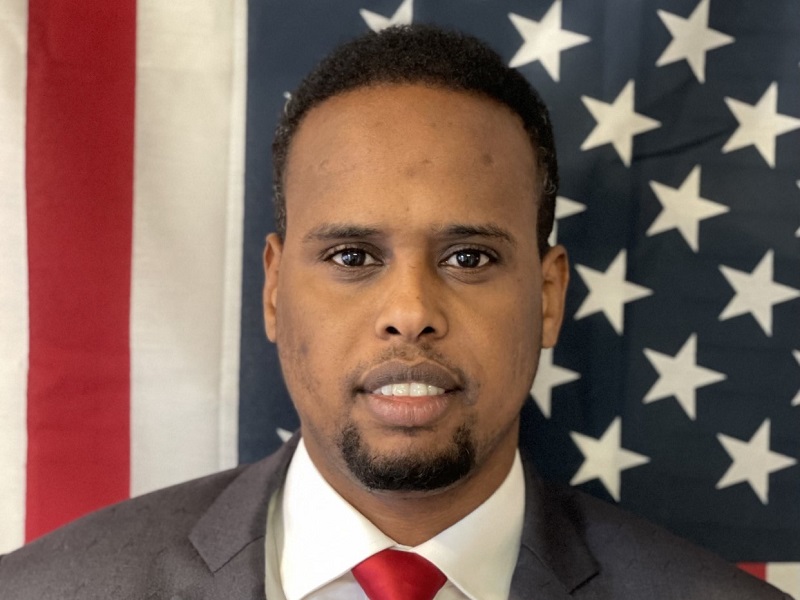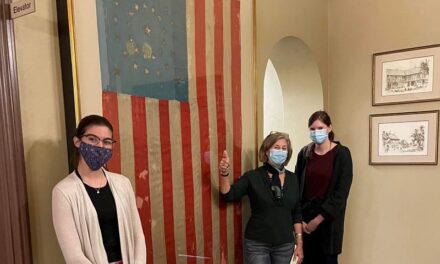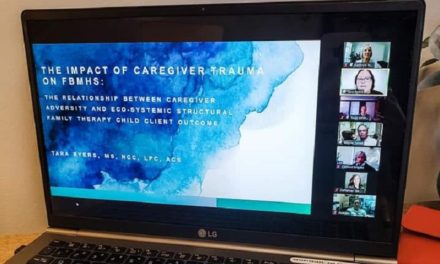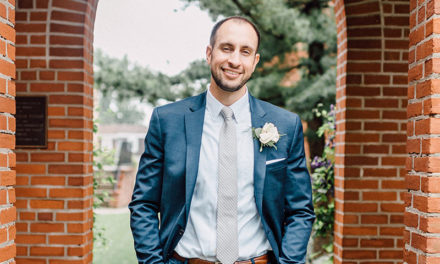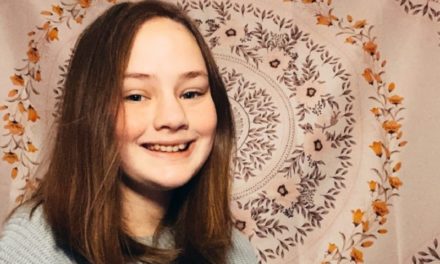In 2017, senior social work major Alideeq Osman watched as sweeping anti-immigration laws were enacted by President Donald Trump, blocking refugees, like himself, from entering the United States. Osman began to reflect on the twenty-one years he spent living in the world’s largest refugee camp in Daadab, Kenya and realized by sharing his story, he could help change the narrative surrounding immigrants and refugees. This desire to tell his story resulted in his new book, “Prison of Dust: One Man’s Experience of Life in Dadaab Refugee Camp.”
“After the former president’s election and his implementation of the travel ban, which targeted six Muslim majority countries, I kept thinking about the children, the women and many vulnerable people in refugee camps. I then decided to write short stories about the experience I had in Daadab camps in Kenya. Whenever I wrote down stories, I felt relieved because I knew what the refugees in those camps were going through, especially those in the resettlement process. So, the only thing I could do was to spread the word and continue writing,” said Osman.
Osman was balancing life as a father of four and a full-time student, while working a full-time job as he wrote the book, but he was determined to finish it, with the support of his family.
“I had to write during my free time, days off and early mornings, especially when my kids were still asleep. I am grateful for my wife, who supported me in every moment of my journey; I won’t have achieved much without her support,” he said.
In the book Osman details his life of hunger, poverty and violence, describing the experience after leaving war-torn Somalia, as an “endless and desolate cycle.” The only chance he had to break the cycle was resettlement in the United States.
While he is hopeful his book will make a difference, he is inspired to make big change as a social worker when he graduates from Ship. He saw first-hand the impact of social workers when they assisted him as he migrated and settled in the Mechanicsburg area in 2013.
“My desire to help others started when I graduated high school back in the refugee camp in Kenya. There, I helped refugees in the camps, advocated for better youth programs, assisted with interpretation and supported social services that improved young girls’ and women’s lives,” he explained.
This life-long drive to improve the lives of others eventually lead him to Ship, where he says he’s thankful for the community of support he’s found in faculty and his classmates. Through the social work program, he’s developed problem-solving skills, gained knowledge of social issues and the history of important social movements and a better understanding of gender and intersectionality; all things he believes have prepared him for what’s next.
“I expect to graduate in December 2021, and I can’t wait for that life-defining moment,” he said.
A moment that launches a career he calls a blessing. He aspires to work in mental health and to improve the lives of individuals and communities in the United States. And he plans to continue sharing his story in hopes others will as well.
“Usually, when you have enough information about a particular issue, you can make an informed decision about the position you will stand on policies. So, I hope those who will read will eventually advocate for refugees and support legal migration policies,” he added.

